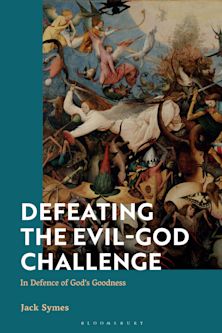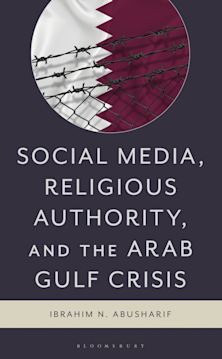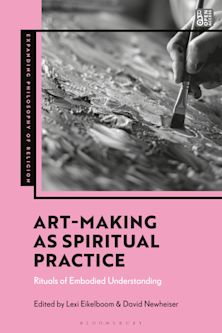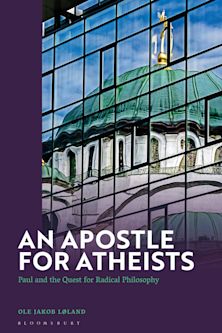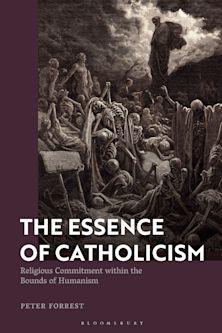Ethics and the Future of Religion
Redefining the Absolute
Ethics and the Future of Religion
Redefining the Absolute
This product is usually dispatched within 2-4 weeks
- Delivery and returns info
-
Flat rate of $10.00 for shipping anywhere in Australia
Description
W. Royce Clark observes that humanity appears to be jeopardizing our own future in a chaos of mutual antagonism and hypocrisy. Religions have traditionally provided ethical guidance, but because their absolutized metaphysics are incompatible with each other, we cannot rely on any one of them in a religiously pluralistic culture. The ethics of various religions are also built on theocratic or authoritarian foundations which are incompatible with any democratic society. Finally, many of their premises are very ancient, so not relevant or appropriate in our modern scientific world.
The Western Enlightenment brought challenges against religion’s singularity, exclusivity, heteronomy, and anti-scientific assumptions, all of which disrupted their ethics and the Absolute metaphysical grounds upon which those ethics rested, raising the question of whether a “freestanding” ethic was possible. Inasmuch as the primary claim of most religions was regarded as beyond challenge, but was a conflation of history and myth, modern historical method created more doubt than certainty about such allegedly certain doctrines as “Jesus is the Son of God.” By the end of the 20th century, the impossibility of validating suchprimary Christological claims from a historical approach became evident, despite the articulate attempts at credibility in the brilliant works of John Dominic Crossan and Wolfhart Pannenberg, which remained unconvincing in important ways.
Between 1832 and 2014, innovative Christian theologians such as Schleiermacher, Hegel, Tillich, and Scharlemann took a detour from the futility of historical verification. This study examines their remarkable attempts at a form of “corroboration” of the basic Christological claim, even if their primary interests were more in Christology than ethics. The question Clark takes up here is whether or not these figures have thereby provided a base for a universal ethic, or the only answer is for principles “freestanding” from any religion?
Table of Contents
Chapter 1 – The Problem: Religions' “Corroboration” or “Freestanding” Principles
Chapter 2 – The Christ of Faith as Awakened Consciousness?
Chapter 3 – Corroboration by Mystical Union with Christ (God)?
Chapter 4 – The Absolute as Depth of Being: The Priority of Accepting Oneself
Chapter 5 – The Absolute as Relational Truth: The Instantiating Words of Unity
Chapter 6 – Conclusion: A Redefining of the Absolute as a Universal Embracing Differences
Product details
| Published | 03 Feb 2022 |
|---|---|
| Format | Hardback |
| Edition | 1st |
| Extent | 476 |
| ISBN | 9781978708648 |
| Imprint | Fortress Academic |
| Dimensions | 237 x 160 mm |
| Publisher | Bloomsbury Publishing |
Reviews

ONLINE RESOURCES
Bloomsbury Collections
This book is available on Bloomsbury Collections where your library has access.














